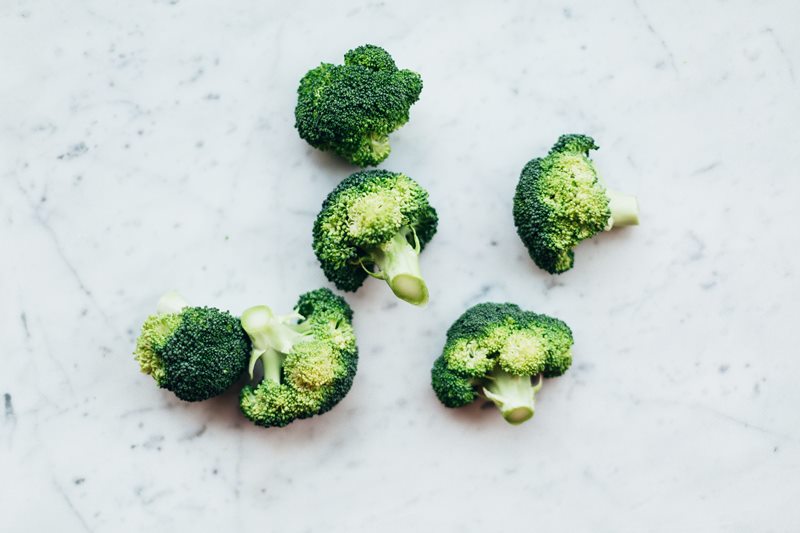Starting a diet after self-isolation…
Good or bad idea?
The COVID-19 pandemic has undoubtedly brought its share of consequences, changes and uncertainty. While reopening begins gradually after several months spent at home, many people may have the desire to turn to restrictive diets to lose weight.
This desire for weight loss could be motivated by a possible weight gain during confinement (which would be completely normal!) and also due to summer approaching. But is it the best solution for your well-being and your health?
How diets work?
In fact, all diets will impose a set of rigid rules aimed at limiting your food intake. In the short term, severe calorie restriction results in significant weight loss and you feel in control. This is the first phase of dieting: the honeymoon effect. You manage to follow all the rules of the diet well and you are motivated by the first successes. The diet works!
As you continue to follow the diet, the eating rules start to become more difficult to follow. You start to feel the lack of food variety. You start to have cravings for the “forbidden foods” more often and you allow yourself to “cheat” a few times. But you manage to “get back on track”: “I’m going back on the diet on Monday!”, “I’m going to do one more workout to make up for the extra calories I ate”. You persevere…
But despite your perseverance, it becomes even more and more difficult to continue to follow the diet. Food is constantly on your mind. You are always thinking about the forbidden foods (the chips, chocolate, bread, etc.). Going out to restaurants or to family and friends gatherings becomes very complicated as you no longer know what to eat without “cheating”. You may be starting to have binge-eating episodes that increase your feelings of guilt.
Even if you try to “get back on the bandwagon”, you eventually give up. Your sense of self-efficacy and your self-esteem are severely impacted as you blame yourself for not being able to maintain the diet. You feel guilty for lacking willingness and motivation to continue the diet.
Diets set you up for failure
But it’s not your fault!
It is the diets that don’t work for the long term. In fact, scientific studies show that 95% of people who have gone on a diet regain the weight lost, and even more in some cases, within the next five years.
Dieting prevents you from being connected to your body’s signals of hunger, fullness and food preferences; which partly explains why it is so difficult to maintain the dietary rules.
But yet the diet made me lose weight at the beginning…
Indeed, in the honeymoon phase of the diet, there is the false illusion that the diet works because there is often a considerable weight loss. However, this weight loss is mainly associated with a loss of water and muscle mass and not with fat mass.
When the body undergoes a severe caloric restriction, it thinks that it is in starvation mode. To protect itself, the body will tend to develop a mechanism by keeping the fat mass which acts as a fuel reserve.
This is also why you notice that weight loss slows down after a few weeks of dieting. The metabolism slows down and adapts to the restriction. The yo-yo effect results: you quickly regain the weight lost and even more, as soon as you start eating normally.
Another diet might follow with the same consequences… a vicious cycle that keeps on going.
Restrictive diets undeniably have harmful consequences for your physical and mental health. Reconnecting with your body and listening to your hunger and satiety signals and focusing on the pleasure of eating and moving are principles of intuitive eating, a positive and compassionate method to get back to your natural weight and well-being. So why not make it different this time and put more emphasis on a healthy lifestyle that is sustainable in the long run?




